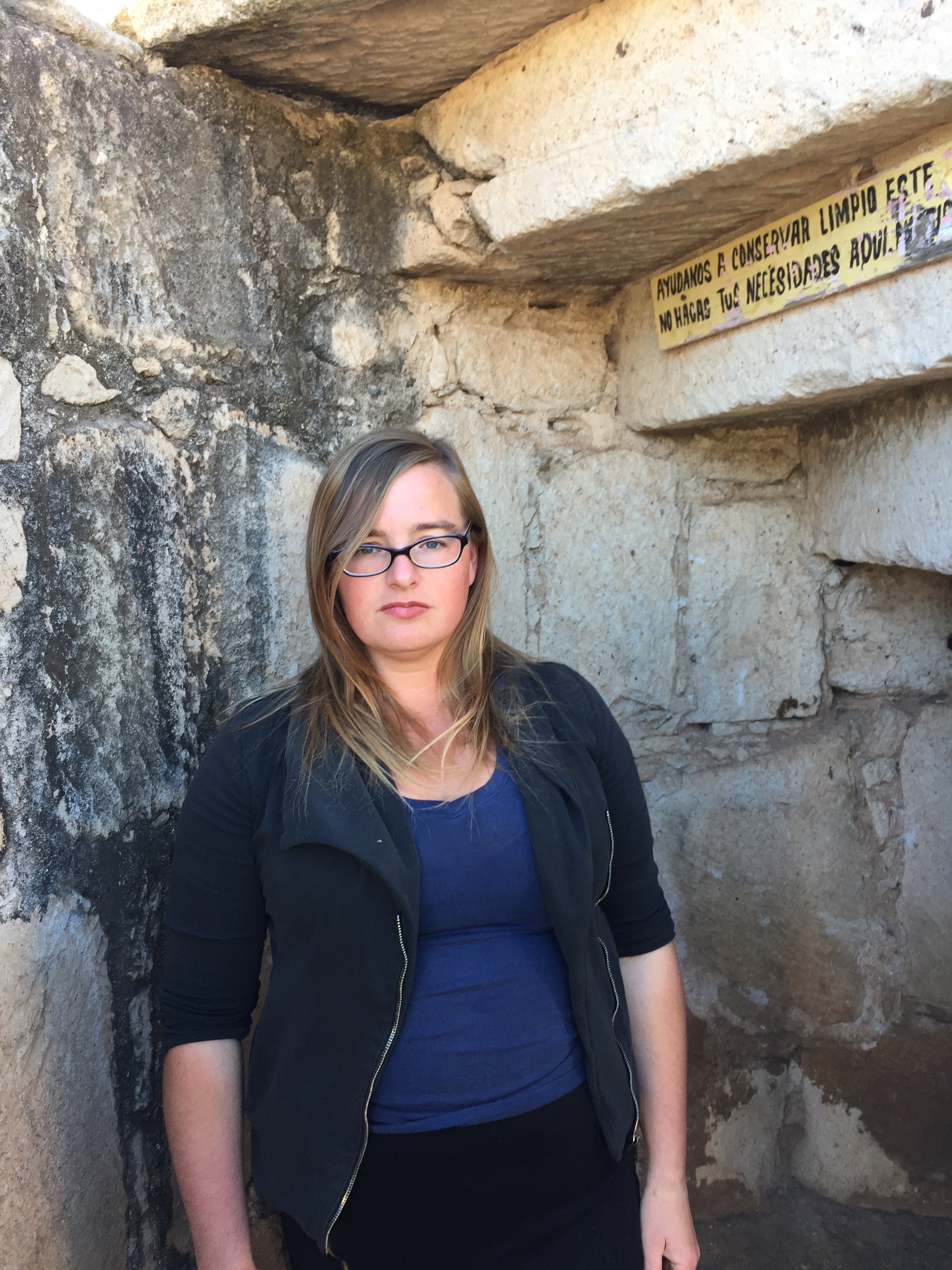
Elizabeth Eklund
- Lecturer // Anthropology
Office and Contact
Room: STON 326E
Email: emeklund@purdue.edu
Elizabeth Eklund is an environmental anthropologist / political ecologist focused on the intersection of nature and culture. Her work includes preservation of natural and cultural resources at the landscape level and the experience of global changes, including climate change, at the local level. Her research topics include water and cultural memory in rural Mexico; scenic and federally protected areas in North America, and the emerging land and climate justice struggles in the Global South. With a B.S. in environmental sciences from the University of California, Berkeley, minoring in anthropology and environmental economics and policy, she went on to earn a master of science in environmental sciences from the University of Virginia, Charlottesville where she studied how natural and cultural resources are preserved in the United States National Park and National Forest Systems, focusing on how protected areas are established and what this means for local people. She then earned a master of arts in Anthropology from San Diego State University studying an international framework for establishing protected areas (UNESCO's Man in the Biosphere, Biosphere Reserve program), focusing on the process of proposing a new Biosphere Reserve in the Sierras Guadalupe and Giganta in Baja California Sur. At SDSU Elizabeth served as SDSU Southwestern Consortium for Environmental Research and Policy (SCERP) coordinator, assisting with a variety of tasks including helping organize a binational workshop on the management of the Tijuana River Watershed, held in Tijuana, Baja California, and Imperial Beach, California, in May 2013. She earned her PhD in 2020 at the University of Arizona, conducting research in Banámichi, Sonora, a rural community located in the foothills of the Sierra Madres, in the drainage of the Río Sonora in northern Mexico. She studied how floodwater farming shapes community pride and identity, is well suited to the natural environment and how contemporary water managers in Banámichi narrate their path forward out of recurrent and improvised patterns from the past. Her current work centers on issues of land and climate justice in resource constrained societies as those who are the most vulnerable to climate change impacts may be forced to migrate as conditions worsen. Her work centers around cultural persistence in the face of oppression and catastrophe, deploying and testing theory / models of cultural resilience and antifragility.